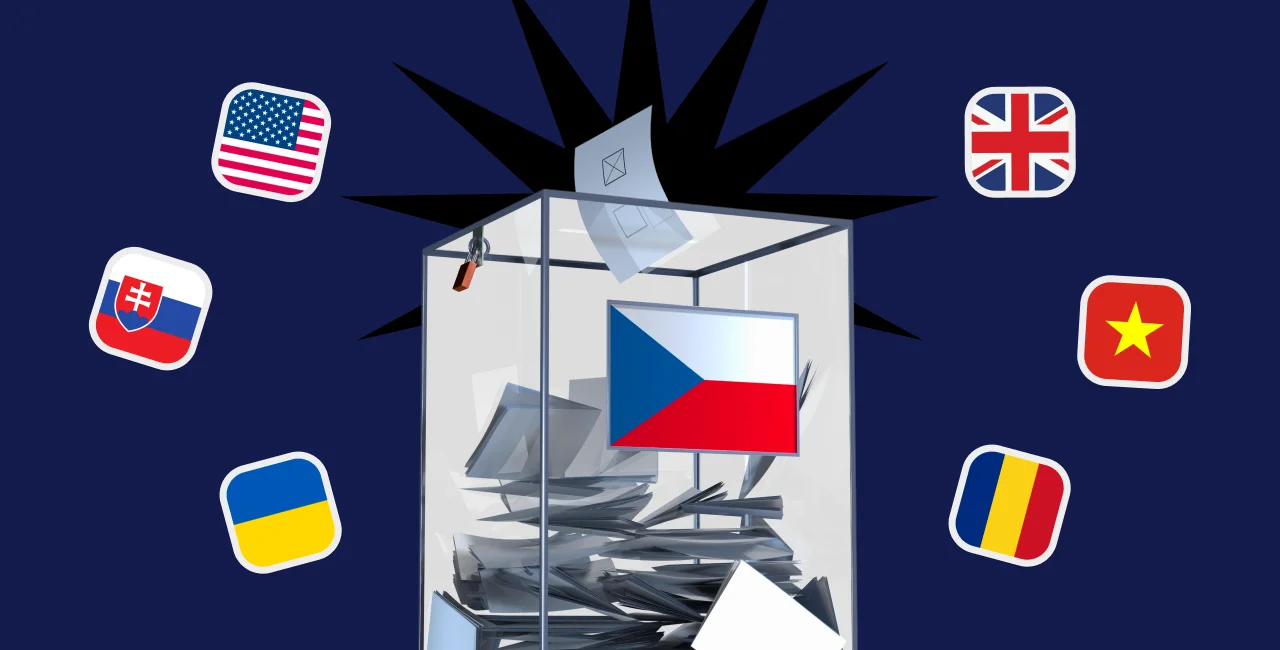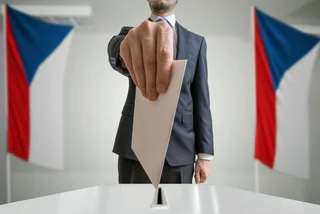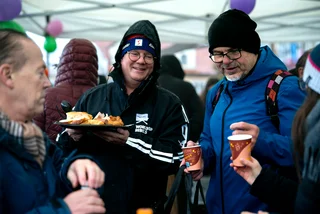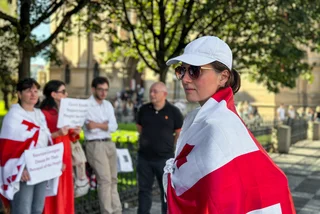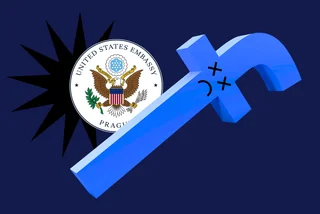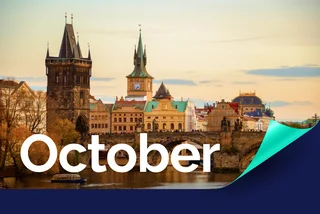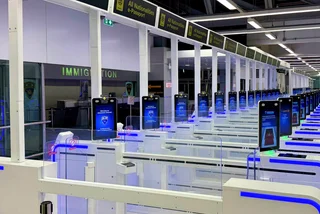At the beginning of October, Juryj Laurencjev, a 36-year-old tech professional from Belarus, will cast his vote in a Czech parliamentary election for the first time. This milestone was made possible after Laurencjev gained Czech citizenship in 2024. Having lived in Czechia for over a decade, he says he takes his responsibility seriously.
"I’ve been living here for 13 years. It's my home. I want to be part of this country," says Laurencjev. "So it's definitely exciting to be part of real elections, where even my one vote can make a difference."
PARTNER ARTICLE
Laurencjev is part of a growing group of naturalized citizens who could sway election outcomes. Between 2019 and 2023, nearly 28,800 people acquired Czech citizenship, including 6,389 in 2023 alone. In major cities like Prague (where roughly 25 percent of residents have a migration background) just a few thousand votes can separate first and second place in local contests.
Yet many new citizens don’t exercise their right to vote. The Volby pro Všechny (Elections for All) organization aims to change that. What began as a group of expats debating politics at the pub has grown into an advocacy organization highlighting the importance of heading to the polls in an adopted country.
Research indicates a number of reasons why naturalized citizens tend to vote less, says Suzanne Verhaar, a Dutch political scientist and co-founder of Volby pro Všechny.
Language is always an issue. Some come from countries with little democratic tradition, while others struggle with the complexity of the Czech system. Understanding the ballot, the spectrum, and how votes translate into seats takes time, which can make participation harder.”
Even the mechanics of voting can pose challenges. “We once had a question from a website visitor about whether they needed a pen to vote. You actually just put the party list in the envelope. If you don’t know that, you could accidentally invalidate your ballot,” Verhaar explains.
To help, the organization provides guides to Czechs politics and parties in six languages, along with educational tools and a Party Match Quiz that allows potential voters to explore Czech politics in their mother tongue.
The stakes are high
Ben Curtis, an American political analyst and co-founder of Volby pro Všechny says that while naturalized citizens share the same everyday concerns as locals—cost of living, housing, healthcare, and public services—they often face higher stakes and added vulnerability when it comes to policy shifts.
“People with a migration background pay close attention to the tone of politics and how migration is discussed, because it affects how they are treated and how legal processes unfold,” he says.
“Even if they aren’t currently targeted, changes in rhetoric or policy could impact them. Many also watch Czechia’s stance toward other countries closely.”
Curtis cites Ukrainians as a key example, noting how international relations shape migrants’ daily lives. “Some Czech parties want to make it harder for Ukrainians to stay in this country; these are the same parties that are typically less supportive of Western efforts to help Ukraine defend itself against Russian aggression,” he says.
For first-time voter Laurencjev, also a co-founder of Volby pro Všechny, the voting stakes go beyond policy—they touch on a person’s sense of belonging.
“People sometimes ask themselves, ‘Do I really have the right to participate? I’m new here; they built this country.’ We heard that a lot, and that’s why we wanted to motivate people to actually come to elections and overcome that sense of rejection,” he says.
Naturalized citizen voters on the rise
According to Volby pro Všechny, the role of new citizens in the country’s political process will only grow: next year, about 70,000 EU citizens and roughly 5,000-10,000 newly naturalized citizens will be eligible to vote in local elections.
Laurencjev, who comes from a country where democratic elections are practically non-existent, is excited about the prospect of joining their ranks.
“People say, ‘My one vote doesn’t count,’ but every single vote matters. Each vote even affects how much funding a party receives from the state,” he says.
Verhaar, who is not yet a citizen, stresses that participation in the democratic process is still vital even for those who can’t vote.
“We might not speak Czech very well, but still belong here. We work here. We add to the economy. We buy stuff, we bring culture and arts, and innovation. We are still part of this community.”
If you can’t vote, she says encouraging family or friends to do so is the next best thing. “One-on-one asks are the most effective way to boost participation. Your voice still matters.”


